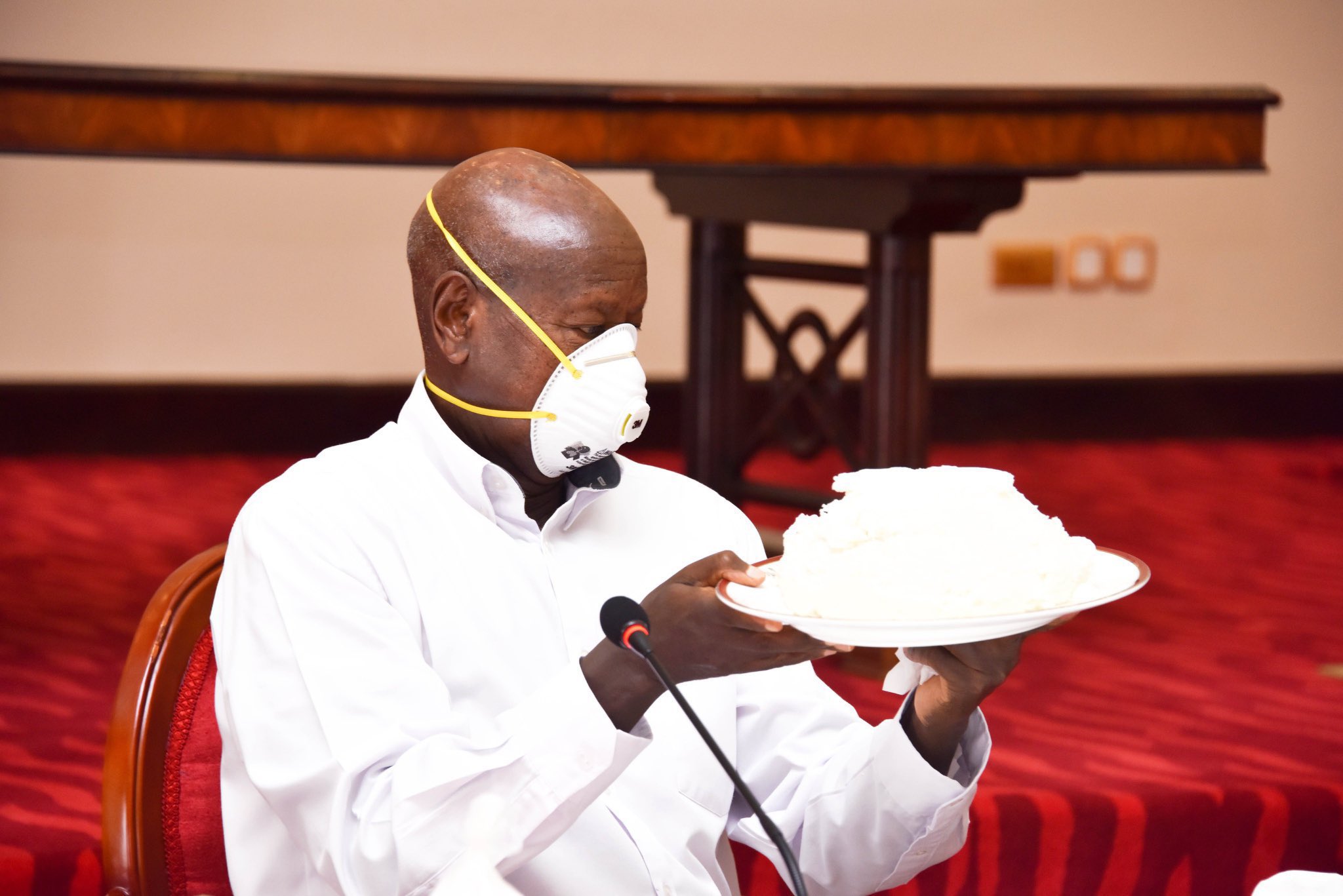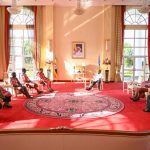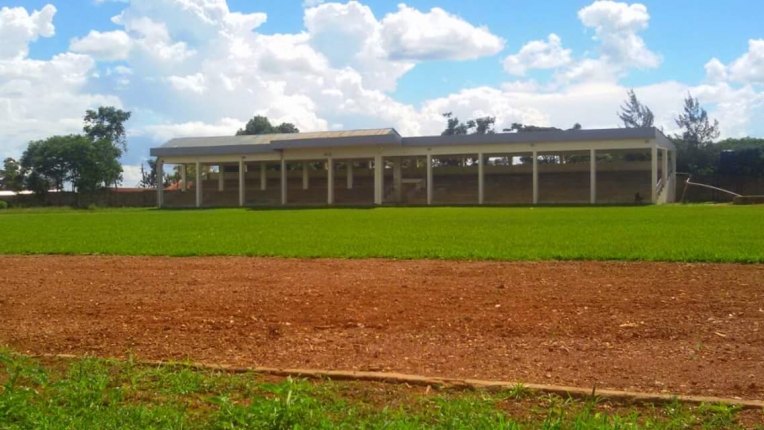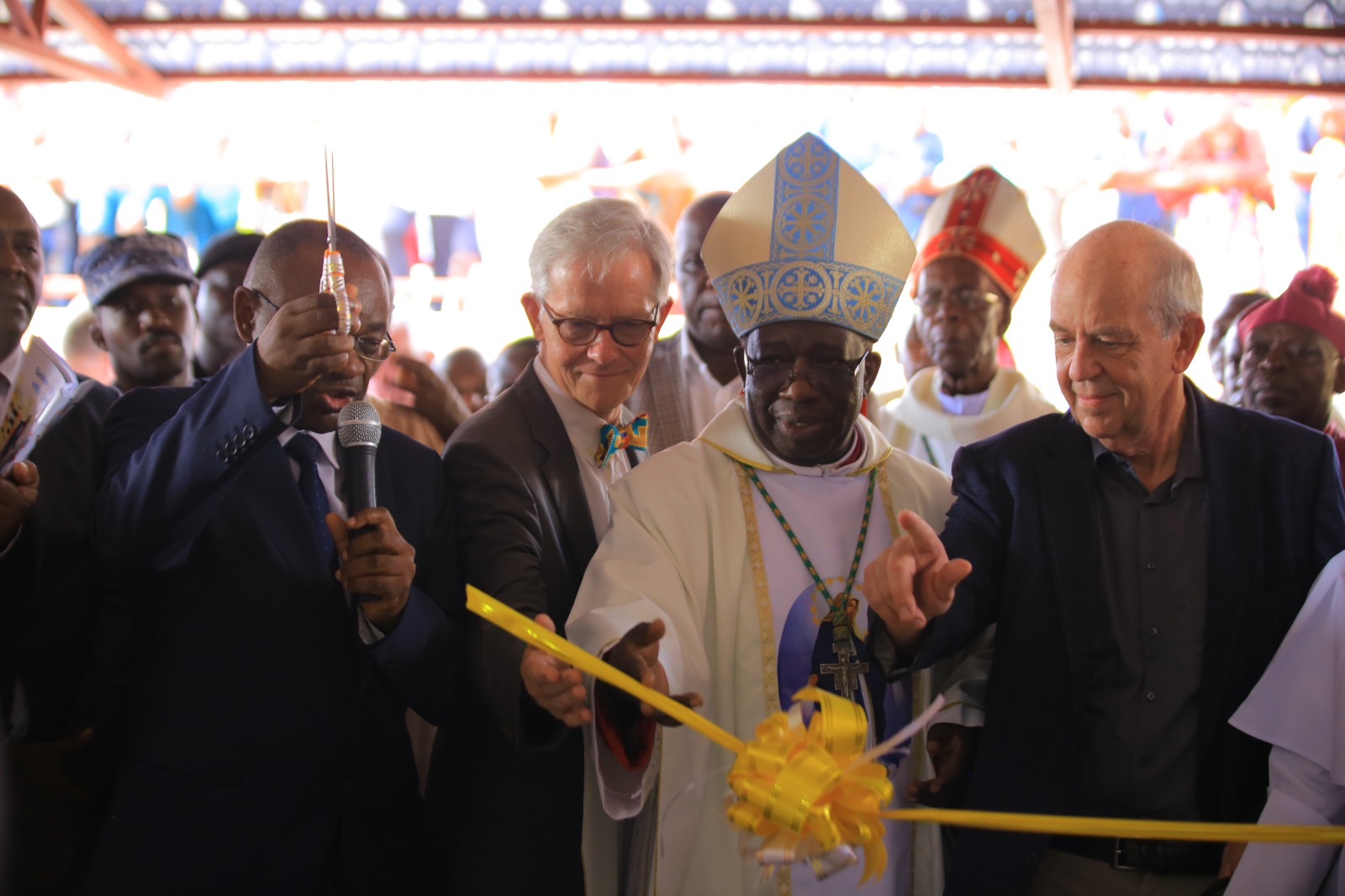President Yoweri Kaguta Museveni emphasized the importance of reducing reliance on imports and encouraged traders to explore opportunities in local manufacturing in a gathering with traders from Kampala and various districts across the country.
Held at Kololo Ceremonial Grounds on Tuesday, May 7, 2024, the meeting aimed to address concerns raised by traders regarding taxation and the implementation of the Electronic Fiscal Receipting and Invoicing Solution (EFRIS) by the Uganda Revenue Authority (URA).
President Museveni refuted claims of excessive taxation in Uganda, stating that the government’s tax policies are deliberate and intended to support local industries. He highlighted the abolition of taxes on exports such as coffee, emphasizing the government’s commitment to fostering economic growth through trade facilitation.
Addressing the issue of import taxes, President Museveni clarified that taxes are primarily imposed on imported consumer goods, while machinery, raw materials, and intermediate products used in local manufacturing are exempt. He stressed the importance of promoting local industries to reduce reliance on imports and retain wealth within Uganda.
Drawing attention to the textile sector as an example, President Museveni underscored the potential for job creation and economic growth through local manufacturing. He urged traders to transition from importing goods to producing them locally, citing the success of the dairy sector as a model for emulation.
President Museveni expressed concern over the significant expenditure on importing textiles, highlighting the need to prioritize local production to curb financial outflows and create employment opportunities. He emphasized the government’s role in supporting local investors and fostering an enabling environment for business development.
Responding to traders’ concerns about taxation and the EFRIS system, President Museveni reassured them of the government’s commitment to addressing their grievances. He encouraged constructive dialogue between traders, government officials, and tax authorities to streamline tax processes and ensure fairness in implementation.
Minister for Kampala Capital City and Metropolitan Affairs, Hajjat Minsa Kabanda, affirmed the government’s willingness to engage with traders and find mutually beneficial solutions to taxation issues. She emphasized the importance of sensitization and collaboration in promoting compliance with tax regulations.
Representatives from trader associations, including the Chairpersons of Kampala City Traders Association (KACITA) and Federation of Uganda’s Traders Associations (FUTA), raised concerns about high taxes and the impact on their businesses. They called for regular interactions with the President to address challenges and promote the interests of local traders.
The meeting concluded with a commitment from President Museveni and government officials to continue engaging with traders and addressing their concerns.




















